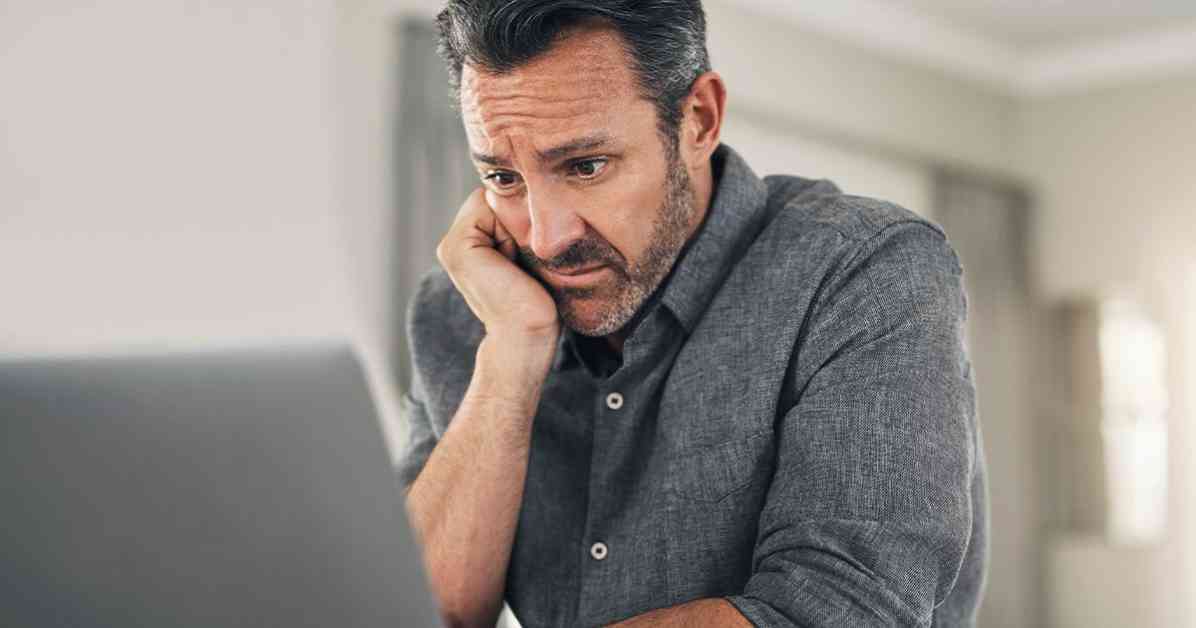Taxpayers have recently been warned about a potential 63% increase in their bills if changes to capital gains tax are implemented by Rachel Reeves. The Chancellor is contemplating aligning capital gains tax rates with dividend taxes, which could lead to a significant rise in HMRC bills for individuals selling their investments, resulting in an additional charge of £3,000. Currently, there is a £300 tax-free allowance for capital gains annually. Any investment growth beyond this allowance is taxed at 10% for basic rate income taxpayers and 20% for amounts exceeding the higher rate threshold.
For example, if an individual invested £10,000 over 25 years with an annual growth rate of 6%, their investment would grow to £44,649.70. If this person was earning the average salary, they would owe £4,799.24 in capital gains tax when selling their investments. However, if capital gains tax rates were aligned with dividend tax, their bill would increase by over £3,000 to £7,823, representing a 63% hike. This is because dividend tax comes with a £500 tax-free allowance and charges of 8.75% for basic rate amounts, escalating to 33.75% for higher rate amounts and 39.35% for additional rate amounts.
Neil Rayner, head of Advice at True Potential, advises individuals to utilize their £20,000 ISA allowance to protect their investments from HMRC. He emphasized the importance of taking advantage of this crucial allowance, especially considering the recent reductions in the tax-free allowance for capital gains tax.
Rob Burgeman, senior investment manager at RBC Brewin Dolphin, also warned about potential changes to capital gains tax. He suggested that rates may be brought more in line with income tax bands. Although changes to capital gains tax are not expected before 2025/26 at the earliest, it is still a possibility.
Labour may also introduce changes to how reliefs work for capital gains tax. Emily Coltman, chief accountant at FreeAgent, mentioned the possibility of abolishing or reducing incorporation relief and gift hold-over relief. These changes could have implications for businesses and individuals managing capital gains tax.
In conclusion, taxpayers should be proactive in maximizing their tax allowances to minimize the impact of potential changes to capital gains tax. By staying informed and utilizing available tax-saving opportunities like ISAs, individuals can protect their investments from substantial tax hikes in the future. It is essential to plan ahead and consider the implications of any upcoming changes to tax legislation on personal finances and investment strategies.

